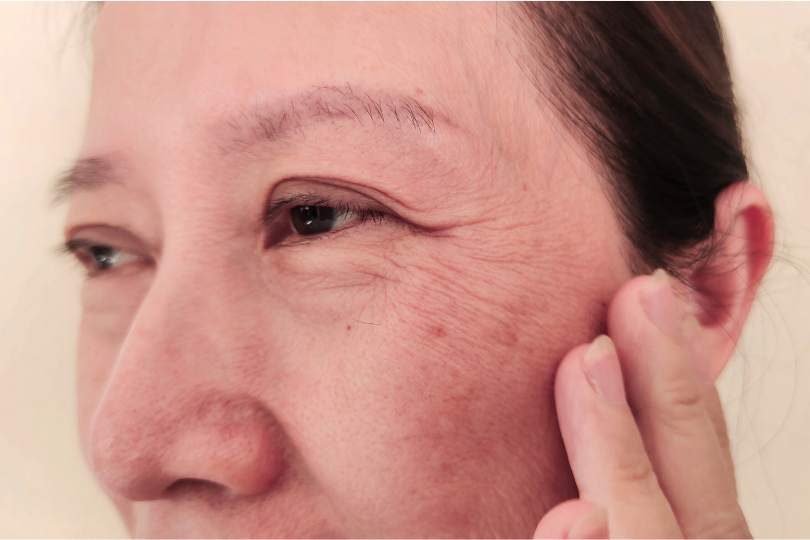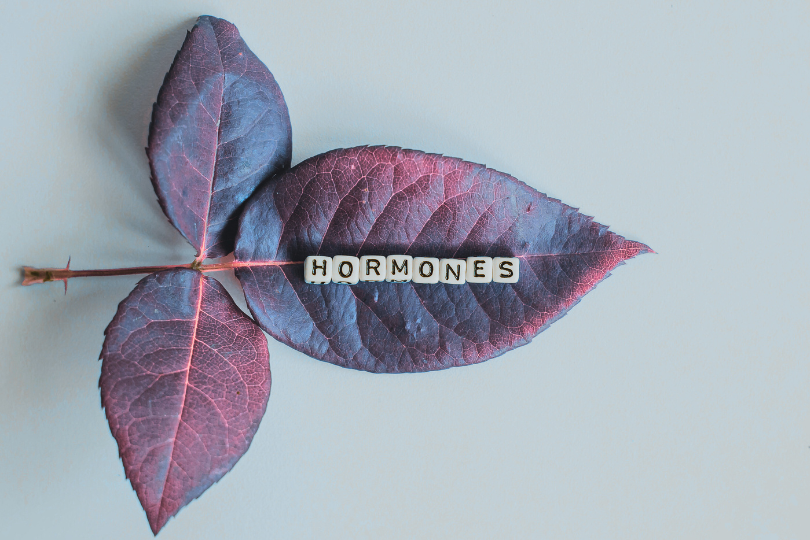Understanding when you’re ovulating is one of the best ways to maximise your chances of conceiving. Your fertile window—the 4-5 days before ovulation and the day of ovulation—is the most important time to try. Tracking your body’s natural signs can help you pinpoint these days, even if your menstrual cycle is irregular.
If you get your periods regularly, you will also benefit from this article that clears up misconceptions on tracking ovulation by counting days.
Cervical mucus is one of the clearest signs of fertility. It changes in texture and appearance as ovulation approaches:
💡 How to Check: Wipe with clean tissue before urinating or observe mucus on your underwear. Record changes daily using an app like Taylor to help you identify patterns over time.
BBT is your body’s resting temperature, which rises slightly (by 0.2–0.6°C) after ovulation due to hormonal changes.
💡 Pro Tip: BBT tracking only confirms ovulation after it’s happened, so pairing it with cervical mucus tracking helps you predict ovulation ahead of time.
If your menstrual cycles are unpredictable, these tracking methods can be especially useful.
Fertility trackers like the Taylor app allows you to track ovulation and pinpoint your fertile window using these natural signals.
Once you’ve identified your fertile window, timing is key:
Conception often takes time, and it’s perfectly normal not to conceive straight away. Keep tracking and trying—each cycle helps you understand your body better.
At Taylor, we support you through your journey to getting pregnant through the Conceiving with PCOS programme. If you have already been timing intercourse according to the tips above and are seeking more clarity on your reproductive health, you may also wish to consider more in-depth evaluation like a fertility screening for couples.
By focusing on understanding your body’s natural signals and timing things right, you’re giving yourself the best chance of success. You’re on the right path—trust the process! 🌟



If your routine suddenly feels out of step, it’s not your products, it’s your hormones. As estrogen begins to fall, the signals that keep skin strong and hydrated weaken. Dryness, breakouts, pigmentation, and slower healing start to appear, even with the same products you’ve always used. The good news: you can adapt. With smart everyday care (SPF, hydration, retinoids, vitamin C), lifestyle support (nutrition, sleep, stress), and medical options when needed (prescription treatments or hormone therapy), your skin can stay strong and healthy well into your 40s, 50s, and beyond.

No one talks about it, but perimenopause can hit in your 30s or 40s, and it’s not just about your period. Think brain fog, poor sleep, low libido. Here’s what to look out for and what you can do.

Many sexually transmitted infections can lie dormant for months or even years without symptoms. Understanding the facts — and getting tested together — can help you move forward with clarity and care.